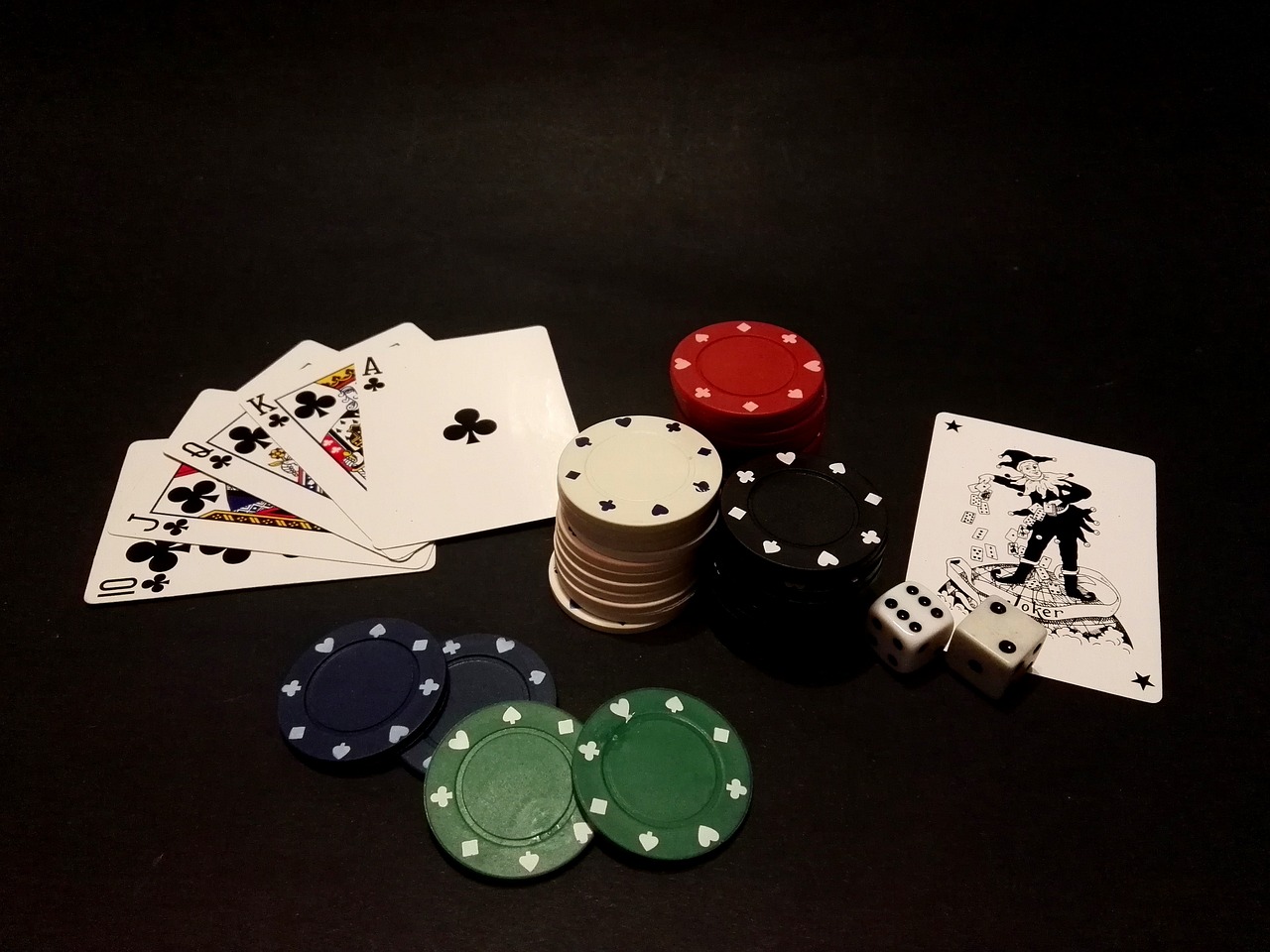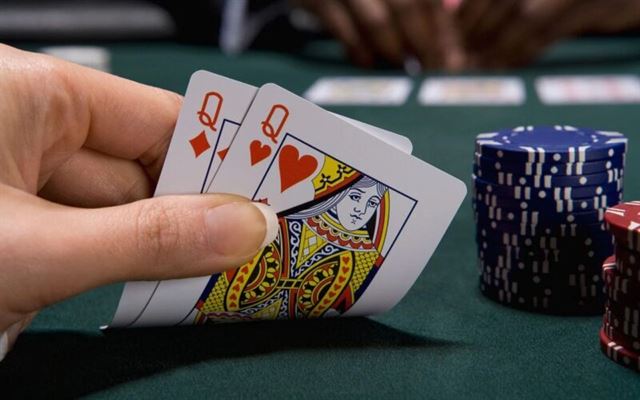Betting systems in Baccarat have long been a topic of interest and debate among players. Many claim to have discovered foolproof strategies that guarantee consistent wins, while others dismiss them as mere myths. In this article, we will delve into the world of Baccarat betting systems, separating fact from fiction to provide a clear understanding of their effectiveness.
The History of Betting Systems in Baccarat
The history of betting systems in baccarat can be traced back to the early days of the game. One of the most well-known systems is the Martingale system, which originated in 18th century France. This system is based on the idea that if you keep doubling your bet after each loss, you will eventually win back your losses and make a profit. While this may sound promising in theory, it is important to note that the Martingale system relies on the assumption that you have an unlimited bankroll and that there are no betting limits. In reality, most players have a limited budget and casinos impose maximum betting limits, making the Martingale system impractical.
Another popular betting system in baccarat is the Fibonacci system. This system is based on the Fibonacci sequence, a mathematical pattern where each number is the sum of the two preceding ones. In baccarat, the Fibonacci system suggests that you increase your bet after a loss based on the Fibonacci sequence. While this system may seem more reasonable than the Martingale system, it still does not guarantee a win. Baccarat is a game of chance, and no betting system can change that fact.
The Paroli system is yet another betting system that has gained popularity in baccarat. This system is often referred to as the reverse Martingale system, as it suggests increasing your bet after a win instead of a loss. The idea behind the Paroli system is to take advantage of winning streaks and maximize your profits. However, it is important to remember that winning streaks in baccarat are unpredictable and can quickly turn into losing streaks. The Paroli system may work in the short term, but in the long run, it is not a guaranteed strategy for success.
It is crucial to understand that baccarat is a game of luck, and no betting system can change the outcome of each hand. The outcome of each hand is determined by chance, and there is no way to predict which hand will win. Betting systems may provide a sense of control and strategy, but they do not alter the fundamental nature of the game.
The Effectiveness of Betting Systems in Baccarat
One of the most well-known betting systems in baccarat is the Martingale system. This system is based on the idea that if you keep doubling your bet after every loss, you will eventually win and recoup all your losses. The theory behind this system is that the probability of losing several times in a row is low, and eventually, you will hit a winning streak. However, the Martingale system has its flaws.
Firstly, the Martingale system requires a large bankroll. As you keep doubling your bet after every loss, you can quickly reach the table’s maximum bet limit. If you reach this limit and still haven’t won, you will be unable to recoup your losses. Additionally, the Martingale system assumes that you have an unlimited amount of time and money, which is not the case for most players.
Another popular betting system in baccarat is the Fibonacci system. This system is based on the Fibonacci sequence, where each number is the sum of the two preceding numbers (1, 1, 2, 3, 5, 8, and so on). In the Fibonacci system, you start with a small bet and increase it according to the Fibonacci sequence after every loss. The idea behind this system is that even if you lose several times in a row, a single win will be enough to recoup your losses. However, like the Martingale system, the Fibonacci system has its limitations.
The Fibonacci system relies on the assumption that wins and losses will even out in the long run. However, in baccarat, each hand is independent of the previous one, and there is no guarantee that wins and losses will balance out. Additionally, the Fibonacci system can also lead to large bets after a series of losses, which can be risky for players with limited bankrolls.
It is important to note that baccarat is a game of chance, and no betting system can guarantee consistent wins. The outcome of each hand is determined by random chance, and there is no way to predict or control the results. Betting systems may provide a sense of structure and strategy, but they do not alter the fundamental nature of the game.
Common Myths and Misconceptions about Betting Systems in Baccarat
One of the most common myths about betting systems in baccarat is that they can guarantee a win. Many players believe that by following a specific betting system, they can overcome the inherent house edge and come out on top. However, this is simply not true. Baccarat is a game of chance, and no betting system can change that. The outcome of each hand is determined by random chance, and no amount of strategy or betting system can alter that.
Another misconception about betting systems in baccarat is that they can help players recover their losses. Some players believe that by increasing their bets after a loss, they can eventually recoup their losses and make a profit. This is known as the Martingale system, and it is a popular betting strategy in many casino games. However, in baccarat, the Martingale system is ineffective. The reason for this is that baccarat has a relatively low house edge, which means that the odds are already in the player’s favor. Increasing bets after a loss may lead to short-term gains, but in the long run, it is unlikely to result in a profit.
Another myth about betting systems in baccarat is that they can help players predict the outcome of future hands. Some players believe that by analyzing past results and patterns, they can make accurate predictions about future outcomes. However, this is simply not true. Baccarat is a game of pure chance, and each hand is independent of the previous ones. The outcome of each hand is determined by a random number generator, which ensures that each hand is completely random and unpredictable. No amount of analysis or pattern recognition can change that.
One final misconception about betting systems in baccarat is that they can help players beat the house edge. The house edge in baccarat is relatively low, which means that the odds are already in the player’s favor. However, no betting system can completely eliminate the house edge. The best that a betting system can do is to minimize the impact of the house edge and increase the chances of winning. However, even the most effective betting system cannot guarantee a win in the long run.
Strategies for Maximizing Wins in Baccarat Using Betting Systems
One of the most well-known betting systems in baccarat is the Martingale system. This system is based on the idea that if you keep doubling your bet after every loss, you will eventually win and recoup all your losses. While this may sound logical in theory, it is not foolproof in practice. The main flaw with the Martingale system is that it assumes you have an unlimited bankroll and that there are no table limits. In reality, most players have a limited budget and casinos impose maximum betting limits, making it impossible to continue doubling your bet indefinitely.
Another popular betting system in baccarat is the Paroli system. This system is the opposite of the Martingale system, where you increase your bet after every win. The idea behind the Paroli system is to take advantage of winning streaks and maximize your profits. While this system may seem more appealing than the Martingale system, it is important to remember that winning streaks are unpredictable and can be short-lived. It is also crucial to set a limit on how many times you will increase your bet, as chasing losses can quickly deplete your bankroll.
The Fibonacci system is another betting system that is often used in baccarat. This system is based on the Fibonacci sequence, where each number is the sum of the two preceding numbers (e.g., 1, 1, 2, 3, 5, 8, 13, etc.). In the Fibonacci system, you increase your bet to the next number in the sequence after every loss and decrease it after every win. While this system may seem more sophisticated than the Martingale or Paroli systems, it suffers from the same flaw – the assumption of an unlimited bankroll. Additionally, the Fibonacci sequence does not guarantee a profit, as it is simply a mathematical pattern.
It is important to note that baccarat is a game of chance, and no betting system can guarantee consistent wins. The outcome of each hand is determined by random chance, and there is no way to predict or control the results. Betting systems may provide a sense of structure and control, but they do not alter the fundamental nature of the game.
Instead of relying on betting systems, it is advisable to focus on strategies that can help maximize your chances of winning in baccarat. These strategies include understanding the rules of the game, managing your bankroll effectively, and making informed decisions based on the odds and probabilities. It is also important to set realistic goals and not chase losses or get carried away by winning streaks.
In conclusion, while betting systems may seem appealing, it is important to separate fact from fiction when it comes to their effectiveness in baccarat. The Martingale, Paroli, and Fibonacci systems may provide a sense of structure, but they do not guarantee consistent wins. Instead, it is advisable to focus on strategies that can help maximize your chances of winning, such as understanding the rules, managing your bankroll, and making informed decisions. Remember, baccarat is a game of chance, and no betting system can alter that fact.









